At the beginning of September, we were represented at Switzerland’s largest science festival. We presented fascinating research ranging from virtual reality projects on gold mining in Congo to the amazing possibilities of artificial intelligence in health, language and robotics.
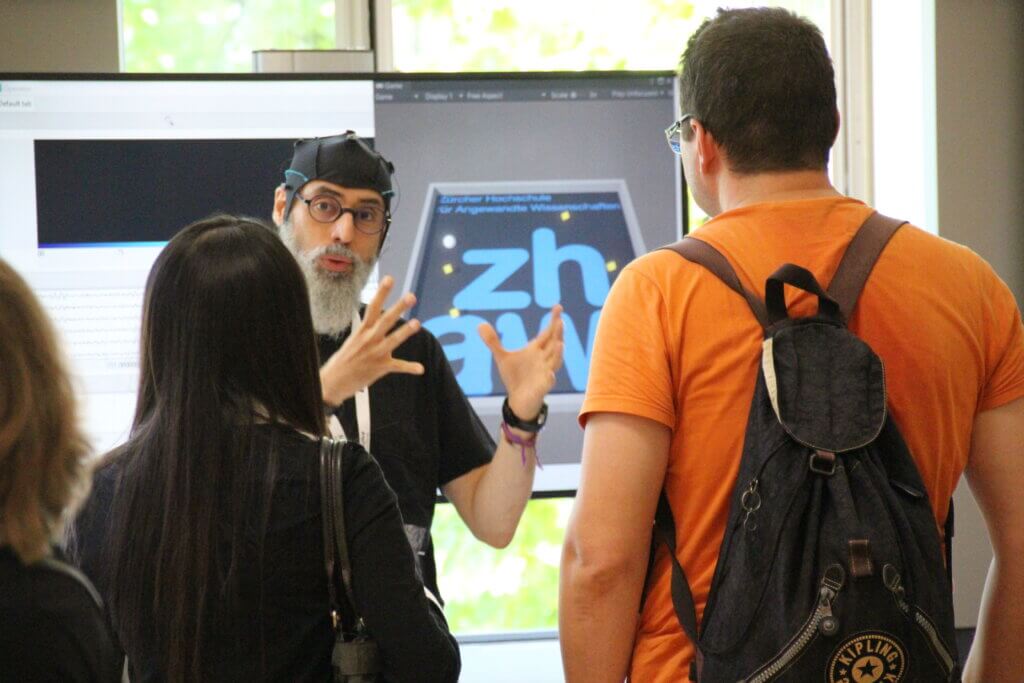
Virtual Reality - A new dimension of reality

Visitors were able to immerse themselves in virtual worlds with the Immersive Arts Space (ZHdK), the Future of Work Virtual Reality Lab (UZH) and Virtual reality as a learning venue for basic vocational training (ZHAW & PHZH). These VR projects not only enable immersive gaming experiences, but also have the potential to make advances in areas such as education, the arts, and the workplace.
Learning for the future
The workshops of the Center for Media Education and Computer Science (PHZH) were particularly popular, where children could play an interactive scissors-rock-paper duel with the help of microcontrollers. In the “LED Lights Workshop,” families worked together to build glowing cards, flashlights or name tags and learned about the basics of electronics and circuits.
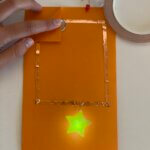
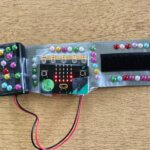
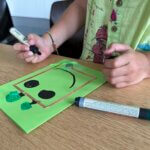
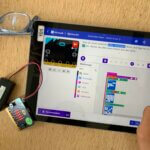
What is artificial intelligence capable of?
Researchers from the Centre for Artificial Intelligence (ZHAW) presented projects that illustrated how AI is revolutionizing the healthcare industry, speech processing and robotics.
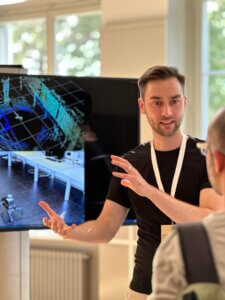
How can bodies be represented digitally?
With the help of an extensive database containing numerous 3D models of people, the NEVO algorithm is able to generate vivid and detailed 3D models of people from simple sketches or flat images. The whole thing happens fully automatically and offers new possibilities for the efficient creation of three-dimensional digital figures and animations.
How do we want to live?
Digitality has two very different and contradictory sides. On the one hand, it holds the world together; on the other, it separates us from each other and from ourselves. Visitors were able to talk with Michael Zirkler (ZHAW) about hopes, wishes, worries, and fears. What is the significance of human relationships, belonging, cohesion, social reliability and solidarity in digital worlds?
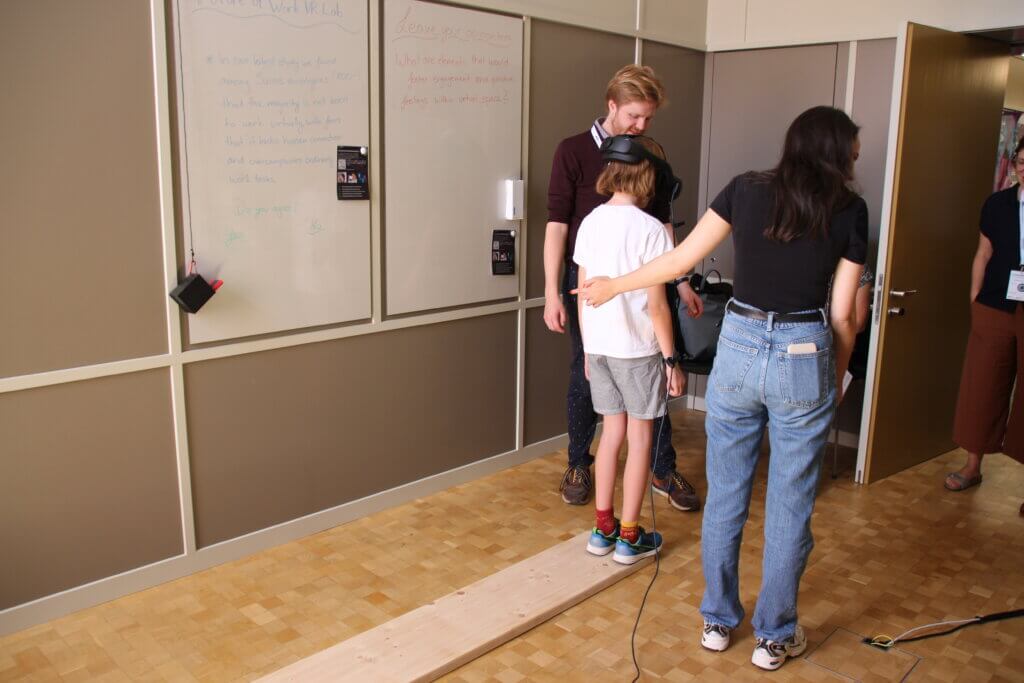
Thanks to the contributors and our guests
We would like to take this opportunity to express our sincere thanks to everyone who visited us at Rämistrasse 69 and was infected by our enthusiasm for the interface of science, society and technology. At the same time, we would like to acknowledge the researchers from ZHAW, ZHdK, PHZH and UZH who presented their projects to the public.
Photos: Johanna Seiwald and Manuel Martin (ZHAW), Thomas Staub and Nicole Wespi (PHZH)
Videos: Franziska Winkler (ZHdK) and Manuel Martin (ZHAW)